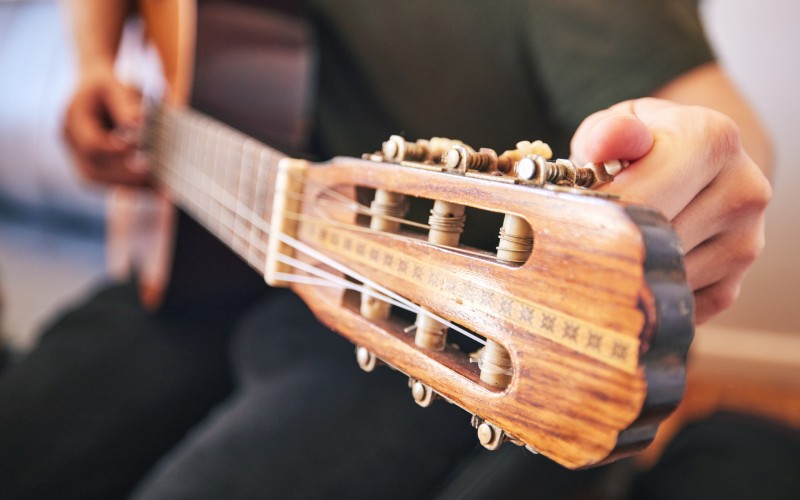
A recent flurry of headlines in the music press piqued the interest of this IP lawyer, and many in her team. In amongst the news headlines of a famous quarrelling pair of brothers and their reunion was the story of another quarrelling duo – Johnny Marr and Morrissey. Instead of outrage at ticket prices, it was allegations about ownership, specifically trade marks.
Last month, Morrissey put out a statement on his website alleging that Marr had blocked a planned release of a compilation greatest hits album of The Smiths – for a band that was only active for about 5 years, it does beg the question of just how many “greatest hits” compilations are really necessary. A question Marr himself is also asking as he listed the reason he halted the proposed greatest hits due the number that already existed. Issues of integrity and authenticity aside, it became apparent in the weeks following Morrissey’s statement that Marr had acquired the word mark over “The Smiths” back in 2018 following an attempt from a third party to use the name. Initially it appears, according to Marr, that Morrissey was approached so the pair could work together to protect the band’s name but following a failure to respond Marr resorted to seeking protection himself and subsequently signed an assignment of joint ownership which has gone unsigned by Morrissey.
Part of Morrissey’s claim regarding Marr’s ownership of the trade mark allegation that Marr now owns “100 per cent trade mark rights / Intellectual Property ownership in The Smiths name” is that Morrissey is now prohibited from using the name and that Marr is going to go out on tour as “The Smiths” with a new vocalist, effectively cutting Morrissey out. Claims such as these grab the attention of us IP lawyers as they raise several important points regarding intellectual property rights, the different types of protection and the limitations of each.
While beneficial in terms of having some form of protection over your IP, trade marks only go so far. Their protection is subject to the goods and services registered with the mark and geographical restrictions. So, if you have not been thorough in your application and included all relevant use classes, you could find yourself on the back foot should anyone use your mark in relation to goods/ services not captured by your protection.
Although in owning the mark Marr has the right to veto any future releases under the name, The Smiths, it does not also mean that with ownership of this mark Marr solely owns everything about The Smiths. While Morrissey may not automatically have the right to go out and perform under the name “The Smiths” due to Marr’s registered trade mark, the songs written and released when Morrissey and Marr were in the band, will be subject to copyright. The extent of Marr’s ownership of these songs is of course limited to Marr’s input and whether he wrote them with Morrissey or by himself. As the majority, if not all, of The Smiths’ songs were penned by Morrissey and Marr, without investigation into whether any previous assignations or transfer of copyright occurred, we can presume both parties jointly own the copyright and so will both have composition and performance rights to these songs.
Had Morrissey signed the assignment allegedly sent to him by Marr, he would jointly own the trade mark and have more of a say in its use. However, as it would be jointly owned by the two of them and with their relationship is less than copacetic (as exemplified in these recent tete a tetes over social media) I would not be alone in assuming that the pair would still end up at loggerheads over approving use of the mark.
To avoid letting a trade mark add fuel to any potential feud, contact our trade marks team on 03330 430350.
